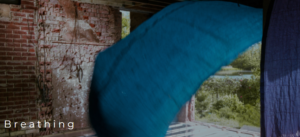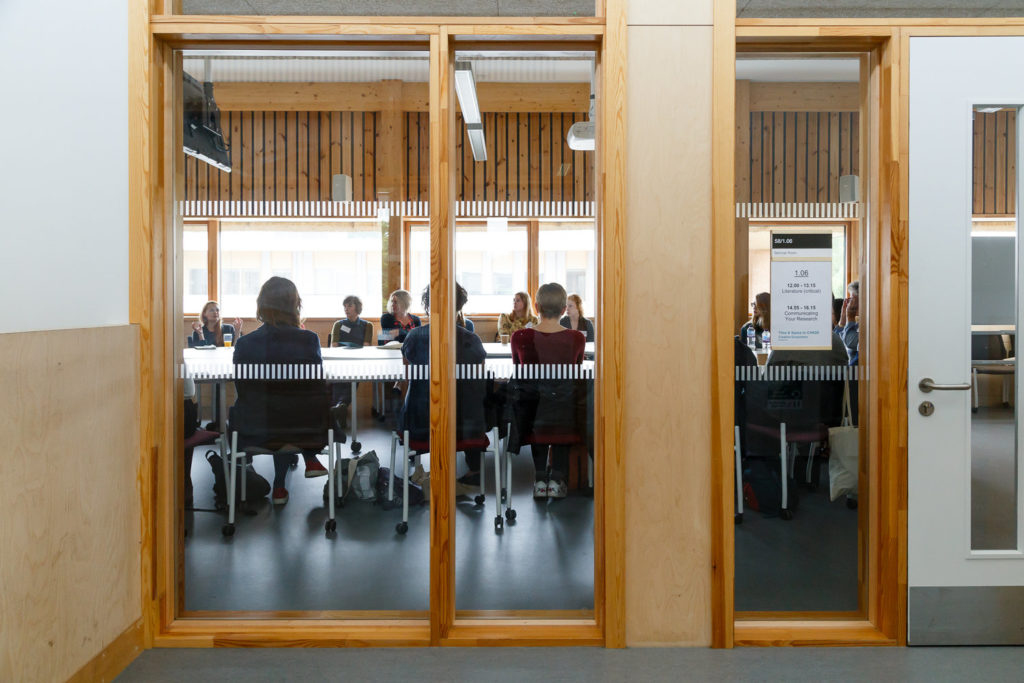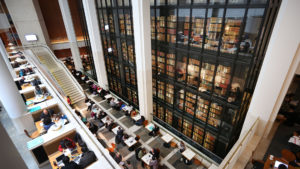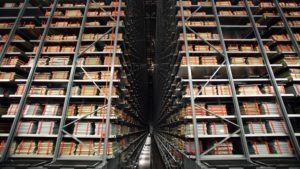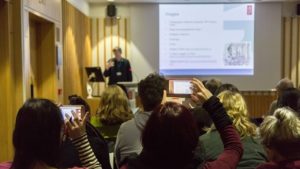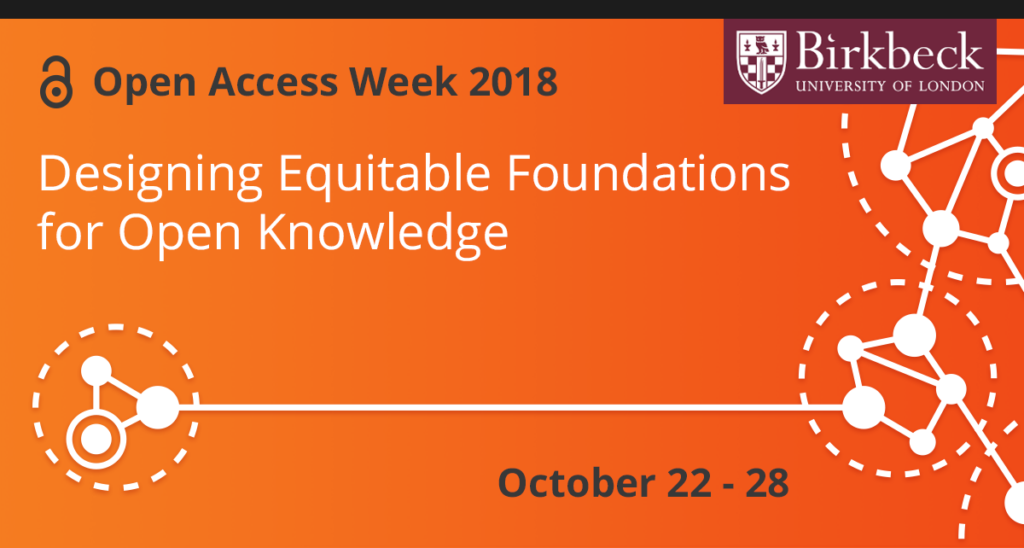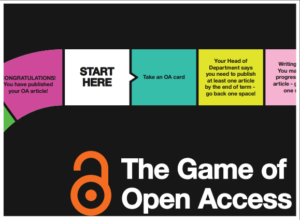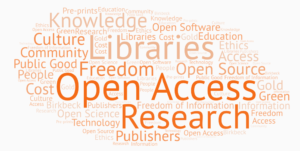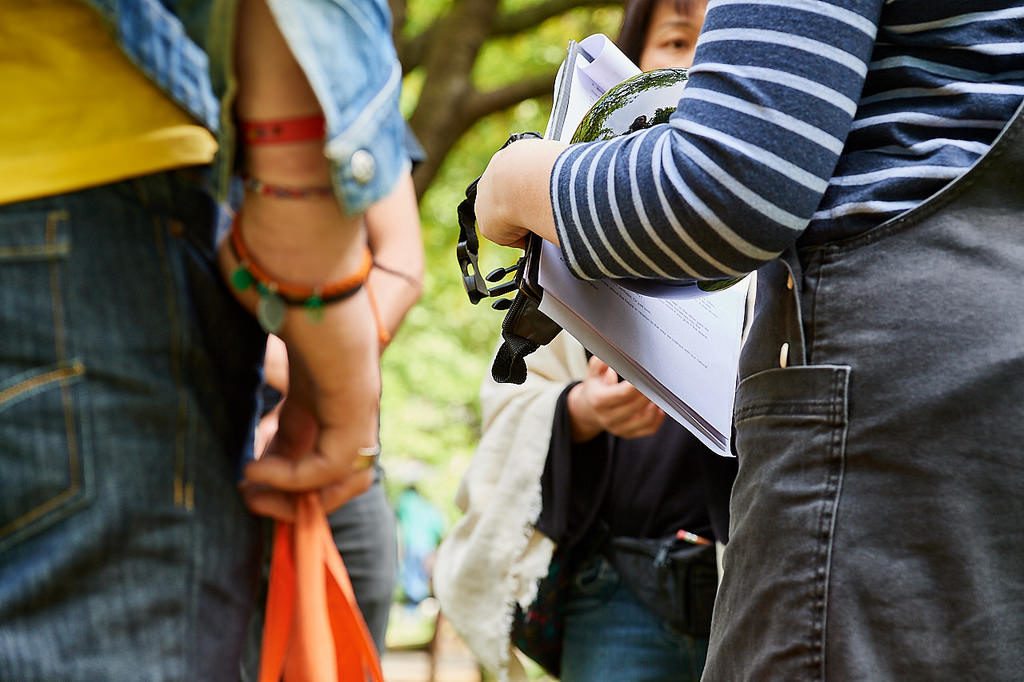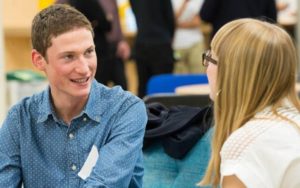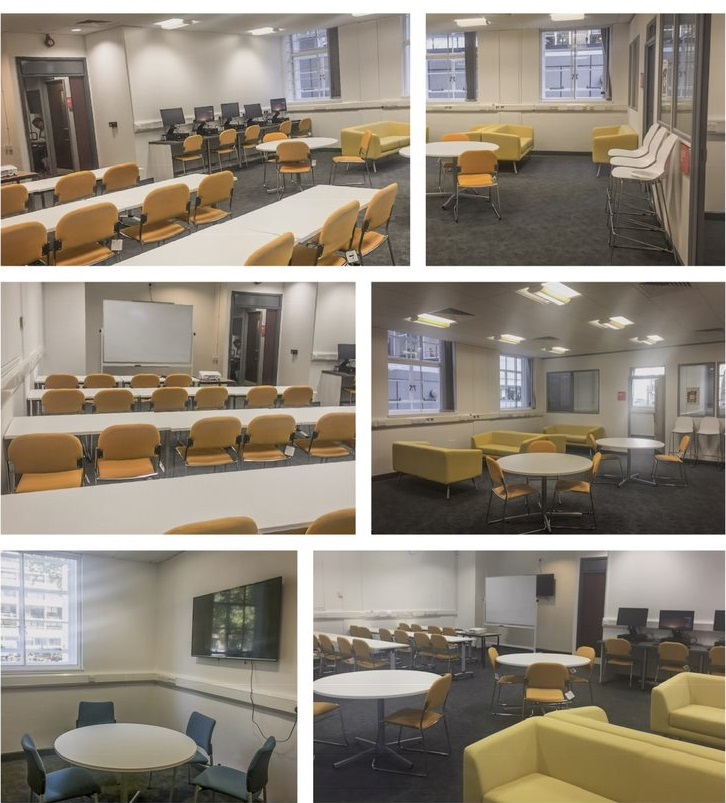The following CHASE training opportunities are available to all Arts and Humanities PhD students at Birkbeck, regardless of whether you are funded by CHASE or not.
City Maps is a series of workshops encouraging doctoral students to explore, discuss and experiment with different ways of conceptualising and studying cities in the arts and humanities. The main learning outcome is to equip participants with knowledge, tools and approaches for expanding their horizons and engaging the urban as an object of study in their own research.
In ordinary conversation, we often take cities for granted as distinct and identifiable places. But when the city becomes an object of study, it quickly becomes elusive, layered, interconnected and potentially boundless. A city can be a built environment of myriad structures and infrastructures, its people and their differences, a series of representations or aesthetic impressions, an object of politics or public address, a node for global flows, and many other things besides. Often going hand-in-hand with these disparate aspects of the city are specific disciplinary preferences and domains.
Doctoral students taking workshops within this series will be inspired to rise above narrowly disciplinary or highly attenuated orientations to the city. Each session will approach the urban as an inherently trans-, inter- and pluri-disciplinary object, bringing together CHASE expertise and an invited workshop leader, who will collaborate and develop a format appropriate to the workshop’s focus. This might include site-specific presentations, cases studies, reading discussions, screenings, and hands-on workshops.
The series will comprise five workshops moving from specific urban research cases to how students might situate themselves and seek publication in what has been termed urban cultural studies.
Saturday 17 November | Safra Lecture Theatre, Ground Floor, Strand Campus, King’s College London
Screen and Film Research Methods Today relaunches the Screen Studies Group annual postgraduate training day. The day has two major goals. The first is to bring together all new film and screen studies doctoral students in London and the environs. It will enable network building around shared specialisms beyond your home department. Second, it will provide foundational training in methods that are relatively new to this field and which home institutions often cannot provide.
This is a one-day session presenting research methods for all new and returning doctoral students. We will address a variety of topics that now concern Screen and Film Studies such as online research, dating mining, social media; live television; installation work; music videos, gaming, AvPhDs, production cultures, media industries, creative practice, and live cinema. The day will include a panel on archives now available for under researched or previously excluded cinemas and communities.
A series of eight seminars by leading academics, poets, prose writers, script writers and script doctors on structure, narrative and plot in creative work. These seminars will be craft-focused and designed to help writers to plot their work and refine its structure. Prescribed texts are available to download below. The seminar leader will guide us through those texts at the seminar. You will be expected to have read the texts in advance and the seminar will be considerably more helpful if you have.
These will be hosted in London and Norwich and are scheduled at 5–7pm on the Wednesdays specified below.
Please note the sessions cannot be attended individually and are part of a complete series.
A series of six workshops across the year which explore global, transnational and postcolonial pasts by engaging with material collections and texts or objects in museums and exhibition spaces across London. The journeys of objects or the changing shape and use of spaces can offer a powerful means of unpicking, understanding and then conveying meaningfully and compellingly to a range of audiences the processes and legacies of empires. Encountering the objects and spaces proposed in these workshops emphasizes not only the intellectual perspectives of post-colonial theory upon the past, but also brings to light in the most concrete terms those shadows of empire in the present that post-colonial theory was developed to expose and challenge.
These workshops will include one international conference, four object-based sessions making use of London’s unparalleled collections, and two sessions dedicated to the processes of translating research into different arenas. You will have the chance to examine a range of material and objects in dedicated study sessions with curators and experts, and over the course of the series, you will produce a video, blogpost or other public-facing reflection, drawing on your own research and the materials in these workshops. You will receive training from the Derek Jarman Lab, Birkbeck’s media department, on how to produce an effective media project and have the opportunity to contribute to a podcast with a top broadcaster, as well as present your ideas on the sessions to a non-academic audience.
